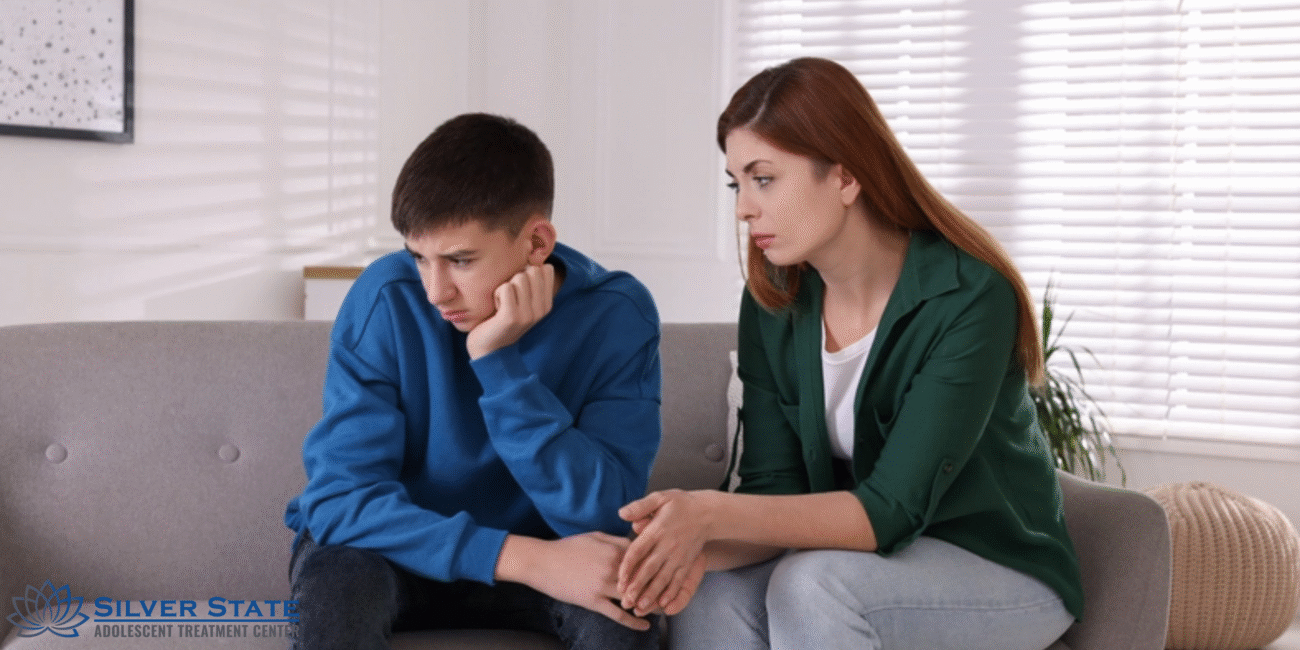Drug Treatment Program for Teens Trying Whippets at House Parties

Table of Contents
Key Takeaways:
- Teens who abuse inhalants, especially nitrous oxide (“whippets“), are at high risk for serious heart and brain problems.
- A drug treatment program just for teens can help keep them from getting addicted and hurting themselves in the long run.
- Teen dual diagnosis treatment centers are the best places to get help for both mental health and substance use disorders at the same time.
- Education and getting family members involved are very important for preventing and recovering from drug addiction.
- Understanding Addiction Explained: How Dopamine Fuels Drug Abuse gives teens and families the science behind drug abuse.
Introduction
The number of teens using whippets at house parties has increased in the last few years, making the need for intervention even greater. A structured drug treatment program for teens is very important for dealing with the physical and mental effects of drug use. Teenagers are especially drawn to quick, easy highs, and a well-planned treatment plan can mean the difference between a one-time experiment and long-term effects.
House parties may seem harmless, but they can become dangerous when nitrous oxide canisters are brought in. The high from whippets may not last long and seem harmless, but the damage can be very bad. Teenagers can learn about the risks, develop better coping skills, and get help before addiction takes hold through targeted programs.

What Makes Whippets Appealing To Teens, And How Dangerous Are They?
Teenagers often like whippets because they are cheap, easy to get, and make you feel really good for a short time. But these benefits come at a high price. Inhaling nitrous oxide can change the amount of oxygen in the brain, which can cause permanent damage, nerve injury, or even death. The National Institute on Drug Abuse says that inhalants like whippets are very toxic and even more dangerous for young people who use them a lot.
What Works In A Teen Drug Treatment Program?
A good drug treatment program for teens must be based on evidence, cover a lot of ground, and be appropriate for their age. Most of the time, these kinds of programs include:
- A full evaluation of physical, mental, and environmental factors
- CBT and family counseling focused on how to control your emotions and how to get along with others
- Educational integration to make sure that school goes on without a hitch
- Aftercare planning with tools to help prevent relapses and therapy that keeps going
Behavioral therapies help teens break down the thought patterns that lead them to use drugs, and family involvement gives them a supportive framework for making lasting changes.

How Can Dual Diagnosis Treatment Centers Help Teens?
A lot of teens who use whippets have anxiety, depression, or trauma that hasn’t been diagnosed. Teen Dual diagnosis treatment centers offer integrated care that meets both substance abuse and mental health needs at the same time. This model has been shown to lower relapse rates. These centers have teams of professionals from different fields who can treat emotional problems, behavioral issues, and addiction in a way that is unified and holistic. This makes recovery easier and longer-lasting.
The Substance Abuse and Mental Health Services Administration also provides a list of youth-focused recovery options and support services that reinforce the importance of early intervention in co-occurring disorders.
How Does Education Stop Teens From Abusing Inhalants?
Preventive education is the most important thing we can do to stop people from abusing inhalants. Addiction Explained: How Dopamine Fuels Drug Abuse is one of these programs that helps teens learn about the science of drug addiction. Schools and families can also help clear up misunderstandings about inhalants by providing people with information and topics to discuss. The Centers for Disease Control and Prevention says that to stop young people from using drugs, it’s important to talk about risk factors and build protective factors like family monitoring and peer connection.
What Are The Long-Term Risks Of Nitrous Oxide?
Over time, using whippets depletes the body’s vitamin B12, which can lead to neurological problems like numbness, poor motor control, and mood swings. The CDC’s research backs up the idea that inhalants are some of the most harmful and damaging drugs that teens use. These health problems highlight the importance of seeking early, specialized help. The MedlinePlus medical guide also explains how long-term inhalant use can cause irreversible damage to the brain and nervous system.
Conclusion
It’s wrong to think that teens using whippets is just harmless fun. Even a little bit of inhalant abuse can lead to drug addiction and long-term health problems. A targeted drug treatment program is very important for stopping experimentation and preventing damage that can’t be fixed.
Silver State Adolescent offers caring, professional care for teens that focuses on improving well-being and establishing healthy habits. Call Silver State Adolescent right now at 725.525.9897 to get started.
FAQs:
1. Do teens get hooked on whippets?
Yes, even though it doesn’t physically make you addicted as quickly as other drugs, repeated use can make you psychologically dependent and crave it.
2. Why should you go to a Teen dual diagnosis treatment center?
Teens with both mental health problems get specialized, simultaneous care, which makes them much more likely to succeed.
3. Can breathing in chemicals hurt your brain for good?
Yes, long-term use causes cognitive and motor problems that can’t be fixed because of lack of oxygen and damage to the nervous system.
4. How can parents tell if their teen is using whippets?
Watch for slurred speech, confusion, empty canisters or balloons, and sudden changes in mood or schoolwork.
5. What part does family therapy play in helping teens get over their addictions?
Family therapy helps people trust each other again, talk to each other better, and be responsible for their actions. This creates a strong base for healing.
Citations:
- National Institute on Drug Abuse. Inhalants—Research Topics. 2024. https://nida.nih.gov/research-topics/inhalants.
- Centers for Disease Control and Prevention. Substance Use Among Youth. 2025. https://www.cdc.gov/youth-behavior/risk-behaviors/substance-use-among-youth.html.
- Centers for Disease Control and Prevention. Preventing Drug Use Among Children and Adolescents. 2024. https://www.cdc.gov/cannabis/media/pdfs/2024/05/PODAT-InBrief-Preventing-Drug-Use-Child-Adolescents-FINAL.pdf.
- Substance Abuse and Mental Health Services Administration. Substance Use Disorder Treatment Resources for Youth and Families. 2025. https://www.samhsa.gov/substance-use/treatment/youth-and-families.
- MedlinePlus – National Library of Medicine. Substance use – inhalants. 2024. https://medlineplus.gov/ency/patientinstructions/000794.htm.

